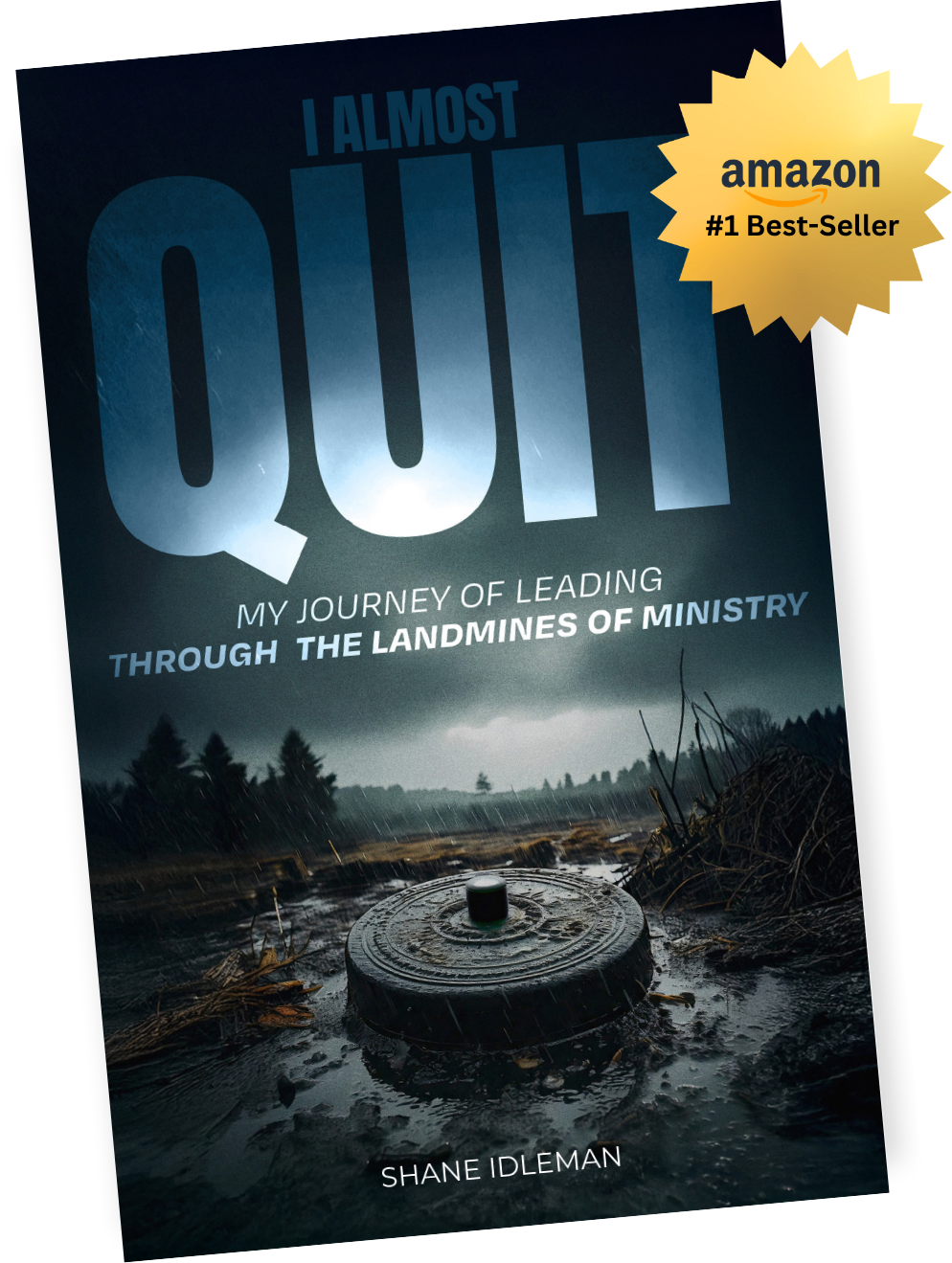Part II in a series on divorce and remarriage.
With millions of Americans now classified as divorced and “newly single, the need to address this topic in a series of articles is unavoidable and necessary. In 1998 there were estimated to be over 19-million divorced adults; that number has grown substantially.
That’s why it’s vitally important that two people enter the marriage covenant putting God first. The beliefs, goals, and plans of two individuals are reflected in one relationship, the marriage—spiritual compatibility is critical. II Corinthians 6:14 says, “Do not be unequally yoked together with unbelievers. For what fellowship has righteousness with lawlessness? And what communion has light with darkness?”
Recall what was said two weeks ago: In the book Sacred Thirst, the author writes, “The bride and groom are standing in front of everyone, looking better than they are ever going to look again, getting so much attention and affirmation. Everybody even stands when they walk in so it’s easy to think this marriage, at least, is about them. It’s not. Just look at the worn-out parents sitting in the first pew—they understand this. The only reason these parents are still married is because long ago they learned how to handle the hurt they caused each other. They know that the last thing you ever want to do with hurt is to let it define you.”
This last statement offers one of the most profound points that I’ve read on brokenness. Those who do not allow hurt to entrap them can turn brokenness into an unbreakable force, but those shackled by past pain are truly imprisoned by it—the walls we build to protect us may eventually imprison us.
When it comes to the topic of divorce, the pendulum often swing to one extreme or the other. On one extreme are those who view divorced men and women as second class citizens who have committed the unpardonable sin. The other extreme embraces no-fault divorce. Neither is helpful.
Many who are currently separated, or recently divorced, can rebuild their marriage, however, far too many are living in the past, failing to move forward. Don’t allow past brokenness to cause future pain. Regret and failure will linger as long as we let them. Scripture is very clear, we are to forget those things that are behind and focus on those things ahead. Philippians 3:13 says, “Brethren, I do not count myself to have apprehended; but one thing I do, forgetting those things which are behind and reaching forward to those things which are ahead.”
I learned that shepherds from time to time broke the legs of lambs that continually wandered from the flock and, thus, the shepherd’s protection. The shepherd would then splint the broken leg and carry the lamb on his shoulders for weeks until the leg had healed. As painful as this was for the lamb, it was necessary to protect it from being ravished by wolves or other predators.
In time, through the broken and dependant relationship, the lamb learned to walk and to remain in the protective presence of his shepherd. This concept was well stated by David in Psalms 51:8, “That the bones You have broken may rejoice,” and Isaiah 53:6, “All we like sheep have gone astray.”
What will it take to bring us back to the Shepherd? A deliberate decision to stay close to the Him can avoid unneeded pain and provide safety and protection; it’s the first step when overcoming brokenness.
As I began writing these articles, they brought to mind the millions of people living with the consequences of a failed marriage; many may have desired to remain faithful to their commitment while their spouse chose to leave.
Life after divorce can be just “existence”—peace and joy have all but left. If this describes you, let me assure you that God desires that peace and joy be restored.
Some of the consequences of divorce will linger, but so will God’s unfailing grace, mercy, love, and forgiveness, and for that we should be continually grateful.

